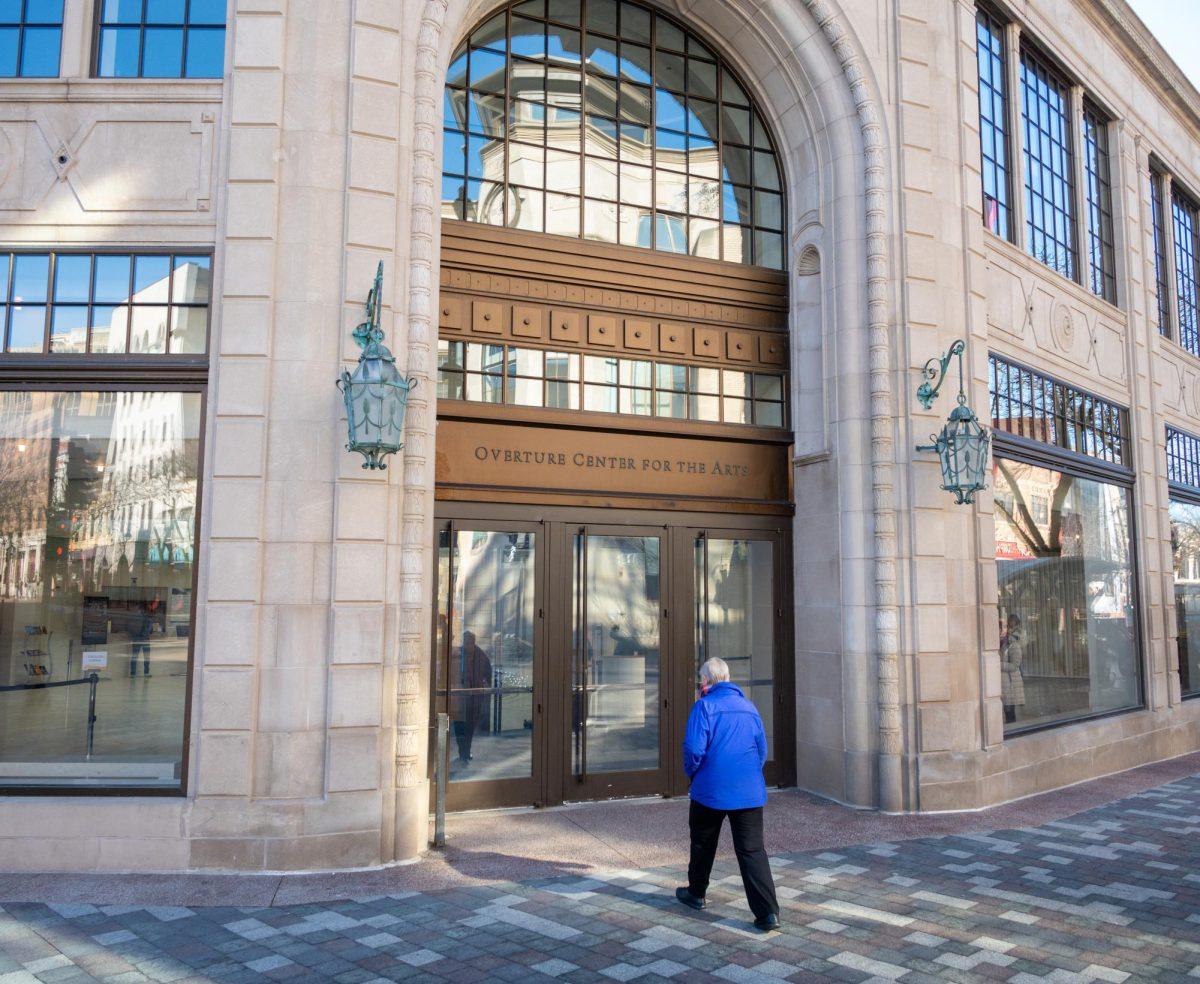Organized by artistic director of Madison Ballet, Ja’ Malik, “Timeless” is a show with three performances expressing the universal themes of love, respect and forgiveness.
“The [themes] are universal— love, respect and forgiveness,” Malik said. “They forever are timeless and it’s just a matter of how we present these things in different ways as the years go on and the generations of people come.”
Malik uses both classical and modern pieces to portray such themes, showing us his idea that expression can change, but the themes remain constant through generations and peoples — they are universal.
The show was created to have something for everyone, according to Malik. For those who like drama and narrative, “Giselle” is a great performance. For those who don’t, there is “Hallelujah Junction” and “Agapé.”
“Hallelujah Junction” is Malik’s world-premiere creation, and is inspired by the song “Hallelujah Junction” by composer and conductor John Adams.
The song caught Malik’s attention ever since he heard it in 1996, but fearing he could not give it what it deserved as a choreographer, Malik decided to wait. Nearly 20 years after, Malik decided to begin working on it after it unexpectedly appeared on his playlist.
The piece itself is named after a truck stop near the California-Nevada border by its composer, Adams. It has to do with joy and the state of happiness, according to Malik.
“It is a piece about joy, and also about solitude and the privacy and complexities of religion,” Malik said.
Through the piece, Malik creates a space to ask such questions and tries to provide answers. To him, joy comes from community. Joy occurs when people try to understand what they don’t know and respect other people’s opinions and ideas.
Malik tries to portray it in “Hallelujah Junction” by using two male dancers and one female dancer. One male dancer dances with joy while the others’ moves are burdened with sadness. In the ending all three come together in a harmonious fashion.
Another piece which holds a strong connection to Malik is the piece “Agapé,” which premiered in his previous show “Love” in March.
A 10-minute performance, Agapé is inspired by the movie “Moonlight,” known for winning Best Picture at the 2017 Oscars. Agapé was written by Malik’s close friend Tarell Alvin McCraney, and is based on their long friendship going back to their time in Ailey School of Fordham University together.
McCraney and Malik come from different backgrounds, but share many similar aspects of their lives, according to Malik. Both of their mothers died young and each shared an artistic drive and desire to be respected artists in their profession.
“[Agapé] is really a story about our friendship,” Malik said. “Throughout our journey we lived in different places, in different parts of the world and we’ve lost contact and reconnected. We dated for a moment and became the best of friends.”
The piece consists of two male dancers and is divided into four different sections.
Malik stated that even though it has two male dancers, it has nothing to do with gender or sexual orientation. Instead, the dancers represent two sides of the same person trying to find himself.
In two sections, the dancers dance together, and in the other two, they speak directly. A short 10-minute piece ends with a resolution which features the two dancers dancing as if they were one person, but in two different bodies.
The last piece of the ballet is “Giselle.” It is one hour, and emphasizes forgiveness and redemption, according to Malik.
It is the largest piece of the show and narrates a romantic tragedy composed by 19th century French composer, teacher and music critic Adolphe Adam.
The second act takes place in a haunted forest filled with heartbroken spirits. In the ballet, any man who enters the forest is forced to dance to their death by the spirits called the Wilis and are led by the spirit queen Myrtha, who is opposed by the ghost of Giselle.
The ballet ends with Giselle returning to her grave and resting in peace while the other spirits continue to live in endless heartbreak. It shows the power of forgiveness and redemption as his other pieces.
Together, Malik and Madison Ballet wish to promote love, forgiveness in the community.
“Timeless” will run April 13 at 2 p.m. and 7:30 p.m. and April 14 at 2 p.m. at the Overture Center’s Capitol Theater. Tickets for the two hour show are available on the Overture Center website.



